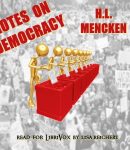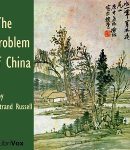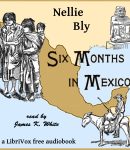
Notes On Democracy
American journalist H.L. Mencken’s Notes On Democracy was originally published in 1926, yet is still relevant almost 100 years later. Mencken has proposed some succinct and satirical definitions of democracy, such as, “Democracy is the theory that the common people know what they want, and deserve to get it good and hard.” And, “Democracy is the art and science of running the circus from the monkey house.” One predictable result of democracy, Mencken explains, is that the professional politician, who’s objective is always the job, and not the principle, is in a constant struggle for office and its rewards. The defeated candidate commonly takes his failure very badly. Regarding these sore loser “lame ducks”, he says: “…now and then there appears one whose wounds are too painful to be assuaged…. …This majestic victim not infrequently seeks surcease by a sort of running amok. That is to say, he turns what remains of his influence with the mob [common man] into a weapon against the nation as a whole, and becomes a chronic maker of trouble.” Notes On Democracy is a refreshing description of what a democracy is, and how it works, …and how it doesn’t work, and has timeless relevance in light of today’s political climate. – Summary by Lisa Reichert [chương_files]








